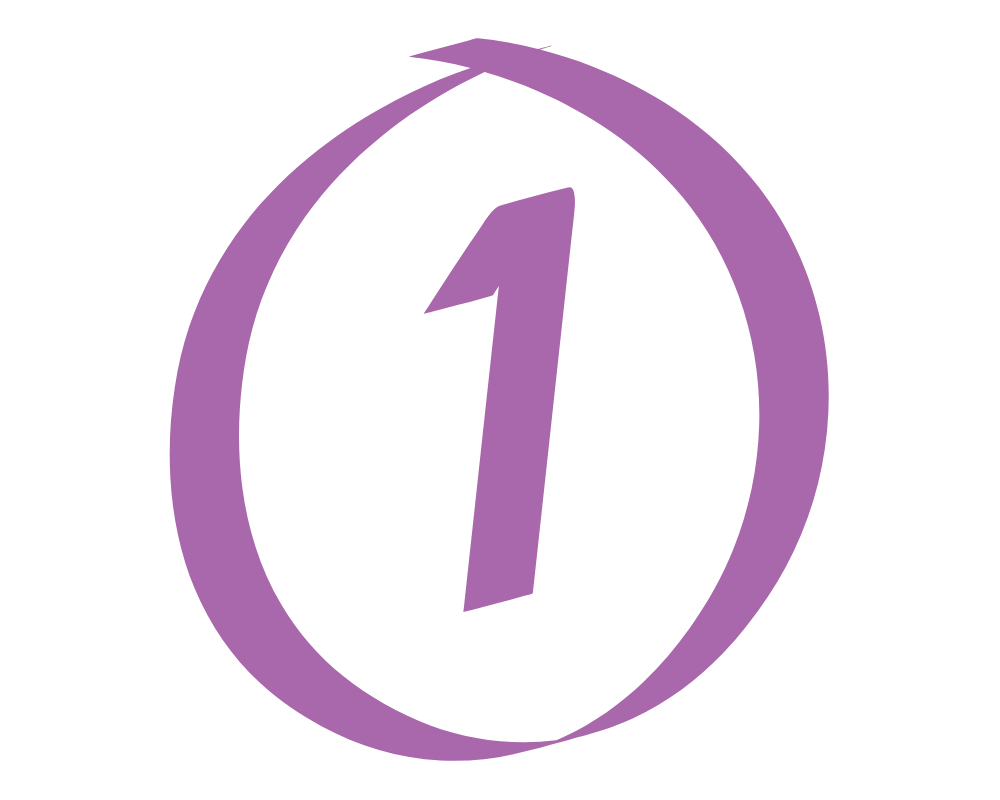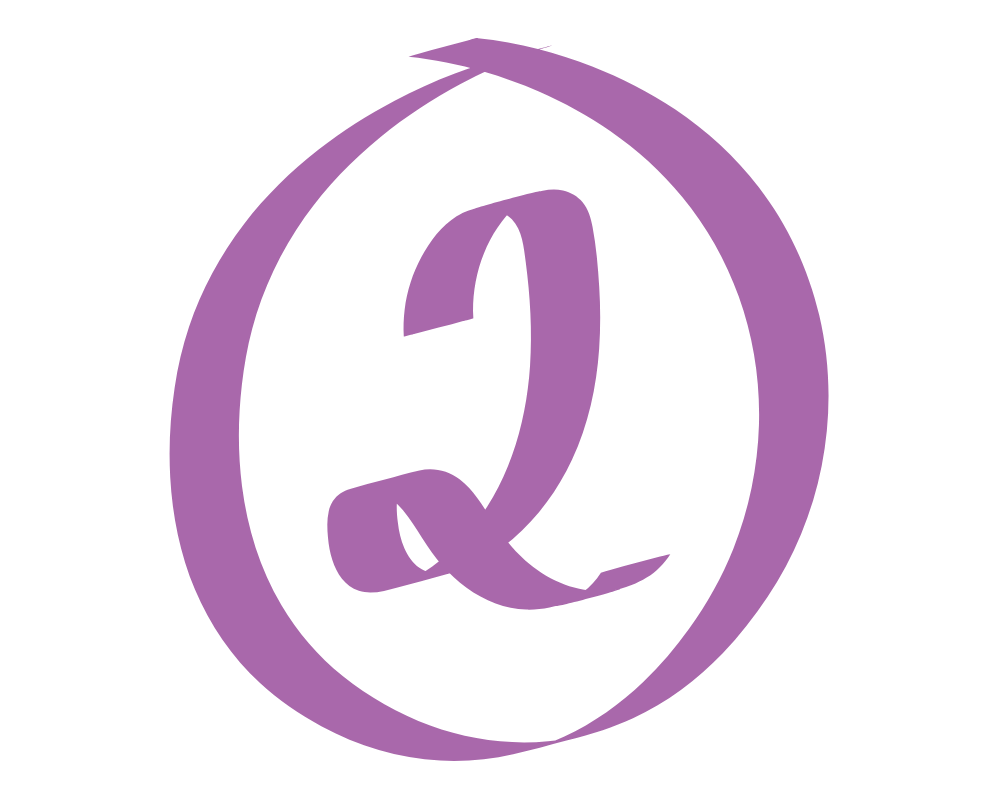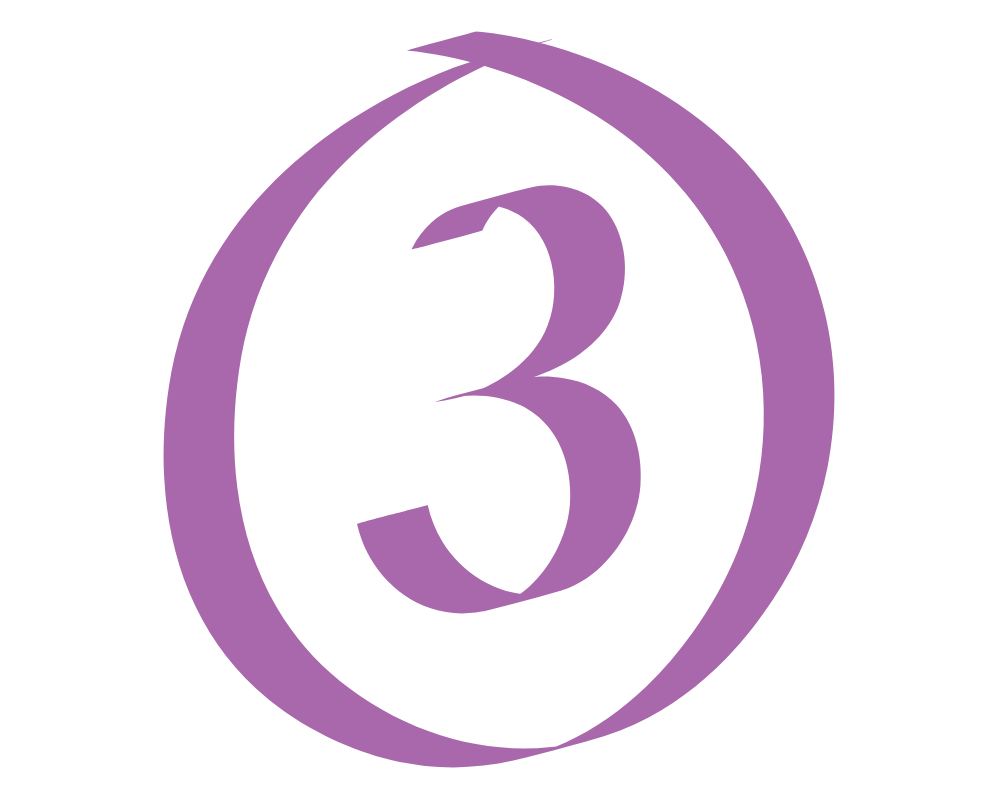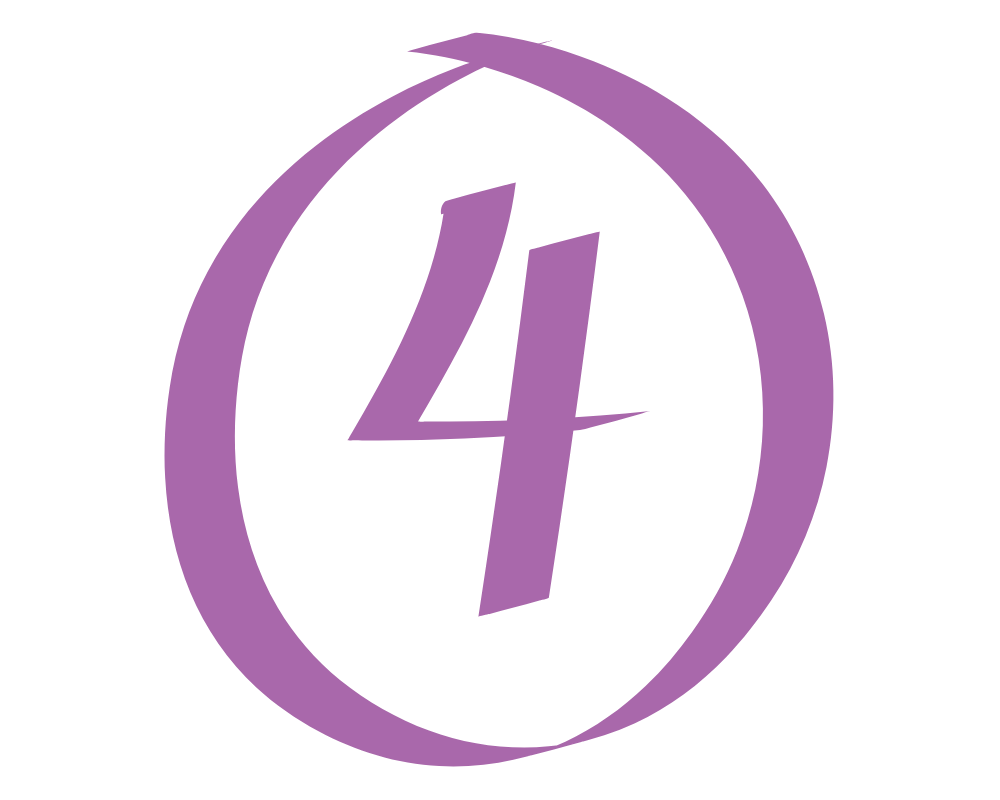We all have ups and downs, but are they severely affecting your daily performance? A mood disorder is not simply feeling sad or very happy. It is a more complex problem that often requires a combination of medical treatment and psychotherapy.
Affective disorders are pervasive in our society, but they are often not diagnosed. Let’s talk about a few of them and then focus on TMS treatment. This therapy has no side effects and can effectively treat various mood disorders.
The term mood defines an internal feeling that modulates a person’s behavior and views. Mood disorders are psychiatric problems featuring marked emotional changes. We can break them down into several types, including:


It features a cycle of elevated mood called mania, followed by depression. These patients display a significant range of mania symptoms.

It is also known as a cyclothymic disorder. It is similar to bipolar I disorder. But this time, people do not experience the complete list of symptoms. Still, they have depressive and hypomanic cycles for two years or more.

It happens in children and adolescents. They experience uncontrollable and extreme bursts of irritability and anger.

It is an extreme emotional liability happening one week before the menstrual period.

As noted, mood disorders are varied, and their symptoms depend on the subtype. For instance, bipolar I disorder has a depressive phase with fatigue and negative emotions. It is followed by hypomania, which includes extreme euphoria and fidgeting.
Premenstrual mood dysphoric disorder and disruptive mood dysregulation disorder feature irritability and emotional liability. Compared to bipolar disorder, dysthymic disorder does not have a complete array of symptoms.
Depending on the mood disorder, they can be treated with different medications. Psychotherapy also comes to play, along with mood stabilizers. There are also significant positive experiences with TMS treatment in various mood disorders.
It helps with depression and anxiety. It is also a suitable treatment option for bipolar I disorder and similar mental health conditions. The FDA has approved this treatment for depressive symptoms, and it is considered a coadjutant treatment to speed up the recovery in these patients.
Transcranial magnetic stimulation uses electrodes on the scalp to send signals to the brain. Neuron connections change, and they fire differently. This modulation leads to improvements in brain chemistry and relieves mood disorder symptoms.
Depression symptoms reduce significantly after using TMS. Studies show improvement in 30 to 40% of patients. The evidence was enough for the FDA to catalog TMS as an approved treatment for depression.
Similarly, it works in bipolar depression and reduces the symptoms of cyclothymia and dysthymic disorder.
A recent study on the neurosciences of TMS shows some insight into how this treatment works. It stimulates a node in the prefrontal cortex that regulates emotion. Improved cognitive control of your emotions will lead to a better mood.
Mood disorders are alterations in the usual variation of emotions. There is a wide range of mood disorders, including various types of depression and bipolar disorders.TMS treatment is an FDA-approved therapy for depression. It is a coadjutant treatment known to speed up the recovery of these patients. Transcranial magnetic stimulation is a non-invasive treatment. Side effects are minimal or none at all. Talk to your doctor if you are interested in TMS treatment for mood disorders. It can be an excellent option, especially if mainstream therapy is not working as intended.
“If, while waiting for your appointment to be seen by a psychiatrist or Qualified Mental Health Professional, your situation deteriorates or you experience thoughts of harming yourself or others, please call 911 or proceed to the nearest emergency room immediately. You may also call the suicide hotline at 800-273-8255.
*** For any medical procedures, patients respond to treatment differently, hence each patients’ results may vary.
****Information on this site is not intended or implied to be a substitute for professional medical advice or treatment. All content contained on or available through this site is for general information purposes only.
*****By using this website and sending us your information you are giving us permission to contact you by electronic and non–electronic means. We also track the conversions and collect user data to improve marketing.
******If you are vision-impaired or have some other impairment covered by the Americans with Disabilities Act or a similar law, and you wish to discuss potential accommodations related to using this website, please contact us.
We specialize in treating moderate to severe depression for all ages with Transcranial Magnetic Stimulation (TMS therapy). TMS is the most advanced FDA-approved depression treatment.
